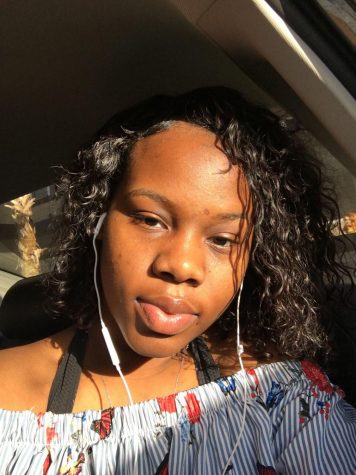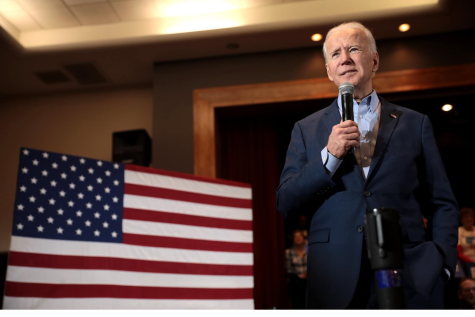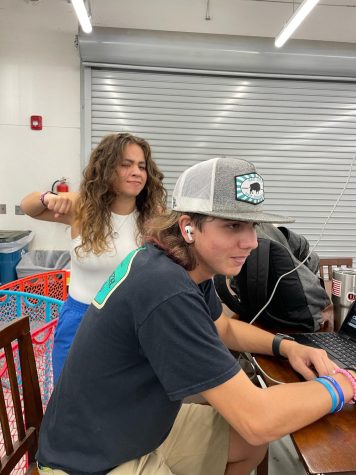Women Who Paved the Way
February 24, 2021
Women Who Paved the Way
In honor of Black History Month, this story will conclude some of the many queens who have sacrificed, made inventions, and who stood for everything and fell for nothing.
“I’ve learned that people will forget what you said, people will forget what you did, but people will never forget how you made them feel,” Maya Angelou said.
Born in April of 1928 from St. Louis, MO, Maya Angelou was one of the greatest African American poets, civil rights activist, and memoirist. She’s played the role of the strong and wise black woman in movies like, Poetic Justice, Madea’s Family Reunion, Roots, and so much more. Maya Angelou’s poems and books spoke life and gave hope to young African Americans. In her lifetime Angelou published seven autobiographies and has written over 12 books with the purpose of educating and illuminating that although us young black girls may have our flaws, we must not
hate them or dislike them, but we must look at them as perfections, as what makes whole, and makes us beautiful. With great strength and courage Maya Angelou died in May of 2014. Leaving behind her legacy and her words or wisdom to guide us.
A pioneer, an abolitionist, and a women’s rights activist, Sojourner Truth was an African American woman who was not only born into slavery but once upon a time was a slave. Sojourner was born in Rifton New York in 1797. In 1826 Sojourner escaped her life of misery with her infant daughter Isabella Baumfree. In 1828 Sojourner then went to court to reclaim her son. Sojourner then created history by being the first black women at the time to ever win a case like so against a white man. When she finally became free Sojourner felt as though she was being called to do the work of god, so she became a Christian and began speaking out about abolitionism, and equal rights. At a women’s convention in Ohio in 1851 Sojourner gave her “Ain’t I a Woman?” speech. Sojourner began gaining recognition from people like President Abraham Lincoln, and with her recognition she paved the way for even more women to stand up and fight for their rights, to stand up, and stand tall. With the notoriety and support she gained Sojourner made her imprint on lots
of African Americans. In November of 1883 Sojourner Truth passed away.
Born January 26, 1892 in Atlanta, Texas, civil aviator, first African American women, and First Native-American women to ever hold a pilot license, Ms. Bessie Coleman herself was one of the most legendary Black woman to ever live. With dreams bigger than anyone could ever imagine Bessie Coleman came from a family of sharecroppers and worked in various cotton fields throughout her life. Bessie attended a segregated school and completed one term of college at Langston University. At this time, African American women were not able to obtain any flight training courses, or opportunities. Bessie worked hard, gained sponsorships, and saved enough money to go to France where she was able to obtain an education in aviation. Creating history, Bessie became one of the most renowned pilots in air shows for the United States. Gaining fame, and acknowledgement she got the nickname “Queen Bess”. Before Bessie could start her school for African American women who wanted to be a pilot just like her, she passed away in 1926. Leaving behind her inspirational talents, pioneering and paving the way for young black girls
to follow up in her footsteps and grasp and achieve their dreams and goals in life.
These women may be gone, but they are never forgotten. They teach us daily and they live through us. They empower us, they breath through us.











